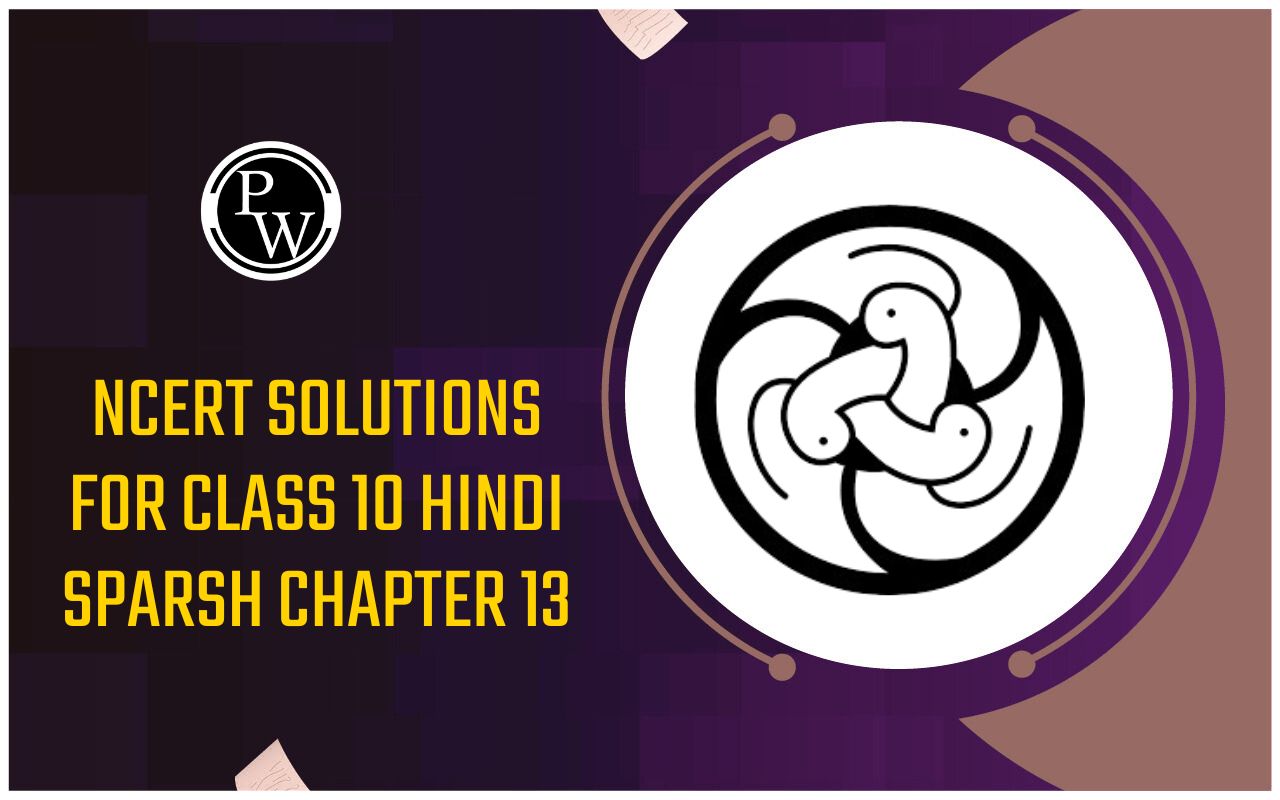
CBSE Class 10 Social Science Civics Notes Chapter 7: This chapter helps you understand how well democracy is working. You'll learn about what we expect from democracy and what actually happens in areas like how well the government works, how people are doing economically, if there's inequality, and if people have freedom and dignity.
These "CBSE Notes Class 10 Political Science Chapter 7 – Outcomes of Democracy" cover all these topics in a short and easy-to-understand way. Read through the outcomes of democracy class 10 notes to learn more about democracy.Topics Covered in the CBSE Class 10 Social Science Civics Notes Chapter 7 Overview
The topics covered in the CBSE Class 10 Social Science Civics Notes Chapter 7 are:- Assessing the Outcomes of Democracy
- Quality of Democracy
- Economic Growth and Development
- Reducing Inequality and Poverty
- Accommodation of Social Diversity
- Dignity and Freedom for Citizens
CBSE Class 10 Social Science Civics Notes Chapter 7 PDF
You can access the PDF format of CBSE Class 10 Social Science Civics Notes for Chapter 7 through the following link:CBSE Class 10 Social Science Civics Notes Chapter 7 PDF
CBSE Class 10 Social Science Civics Notes Chapter 7 – Outcomes of Democracy
These notes on CBSE Class 10 Social Science Civics Chapter 7 – Outcomes of Democracy are created by subject matter experts at Physics Wallah. With their expertise in the subject and years of teaching experience, these notes are designed to provide students with a comprehensive understanding of the outcomes of democracy. Each concept is explained concisely and clearly ensuring that students grasp the content effectively. These notes serve as a valuable resource for students preparing for their exams.CBSE Class 10 Social Science Civics Notes Chapter 7 FAQs
Can democracy effectively reduce economic inequalities?
While democracy aims to reduce economic inequalities, it may not always succeed due to various factors such as unequal distribution of resources, lack of inclusive policies, and structural barriers. Efforts to address economic disparities require comprehensive strategies, including social welfare programs, equitable economic policies, and inclusive development initiatives.
How does democracy address social inequalities and poverty?
Democracy aims to reduce social inequalities and poverty by empowering marginalized communities, ensuring equal opportunities, and implementing welfare policies. However, economic disparities and poverty persist in many democratic societies, requiring continuous efforts to address these challenges effectively.
What role does economic growth play in democracy?
Economic growth in democracy is influenced by various factors such as population size, global economic conditions, government policies, and priorities. While democracy may not always guarantee the highest economic growth rates, it fosters a conducive environment for sustainable development and equitable distribution of resources.
What are some of the advantages of democracy over other forms of government?
Advantages of democracy over other forms of government include promoting political stability, protecting individual rights, fostering economic development, encouraging innovation and creativity, and enabling peaceful resolution of conflicts through dialogue and negotiation.
🔥 Trending Blogs
Talk to a counsellorHave doubts? Our support team will be happy to assist you!

Check out these Related Articles
Free Learning Resources
PW Books
Notes (Class 10-12)
PW Study Materials
Notes (Class 6-9)
Ncert Solutions
Govt Exams
Class 6th to 12th Online Courses
Govt Job Exams Courses
UPSC Coaching
Defence Exam Coaching
Gate Exam Coaching
Other Exams
Know about Physics Wallah
Physics Wallah is an Indian edtech platform that provides accessible & comprehensive learning experiences to students from Class 6th to postgraduate level. We also provide extensive NCERT solutions, sample paper, NEET, JEE Mains, BITSAT previous year papers & more such resources to students. Physics Wallah also caters to over 3.5 million registered students and over 78 lakh+ Youtube subscribers with 4.8 rating on its app.
We Stand Out because
We provide students with intensive courses with India’s qualified & experienced faculties & mentors. PW strives to make the learning experience comprehensive and accessible for students of all sections of society. We believe in empowering every single student who couldn't dream of a good career in engineering and medical field earlier.
Our Key Focus Areas
Physics Wallah's main focus is to make the learning experience as economical as possible for all students. With our affordable courses like Lakshya, Udaan and Arjuna and many others, we have been able to provide a platform for lakhs of aspirants. From providing Chemistry, Maths, Physics formula to giving e-books of eminent authors like RD Sharma, RS Aggarwal and Lakhmir Singh, PW focuses on every single student's need for preparation.
What Makes Us Different
Physics Wallah strives to develop a comprehensive pedagogical structure for students, where they get a state-of-the-art learning experience with study material and resources. Apart from catering students preparing for JEE Mains and NEET, PW also provides study material for each state board like Uttar Pradesh, Bihar, and others
Copyright © 2026 Physicswallah Limited All rights reserved.









